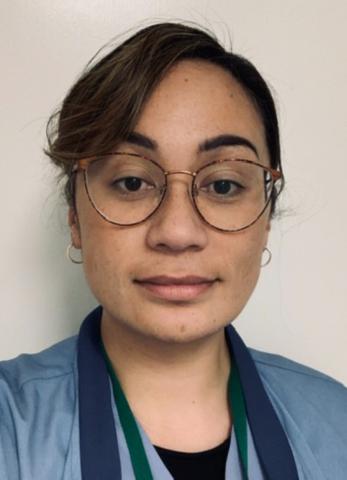
It’s been nearly two years since Israel began to systematically bomb hospitals and other medical facilities in Gaza after the Hamas attack in southern Israel. The World Health Organization’s Health Resources and Services Availability Monitoring System (HeRAMS) has been deployed in Gaza since February 2024 and last month released a new reportdocumenting the precarious state of essential health resources and services in Gaza.
Using real-time data gathered from a range of sources, it provides a painstaking stocktake of the devastation caused to hospitals and other medical facilities, finding that only 30 of the 127 Health Services Delivery Units (HSDUs) identified in Gaza now remain intact. The report follows on the heels of an investigation by the UN Human Rights Office into Israel’spattern of attacks on and near hospitals in Gaza and its devastating effect on Palestinians’ access to health and medical care. During the period covered by the UN report, there were at least 136 strikes on at least 27 hospitals and 12 other medical facilities, with significant casualties among the health workforce and civilians.
The sustained targeting of healthcare facilities in Gaza has become a call-to-action for those working in healthcare in Aotearoa. Jaclyn Aramoana-Arlidge (Waikato) is a general surgery registrar at Rotorua Hospital and one of the key organisers of Māori Doctors in Solidarity with Palestine. The roopu is one of a growing number of healthcare professional groups around the world speaking out against the crisis in Gaza. The roopu published an open letter in support of the Palestinian people back in October 2023 and has continued to express solidarity and call for urgent action since then. Jaclyn says Palestinian and Muslim colleagues were comforted by the support.
“We wanted Palestinian colleagues who live in New Zealand, who were having to watch this all unfold before them, to know we supported them,” she says. They were grateful to know people here in Aotearoa supported Palestine - that there were people in the hospitals they could feel safe to be around.”
With the targeted destruction of hospitals in Gaza, and the ongoing humanitarian crises, Jaclyn believes medical professionals need to speak out more. “Doctors have a powerful voice. Historically, we have been the so-called ‘healing profession’, westernized medicine has built its entire public license around being trustworthy to deal with ill-health, and its determinants. We have garnered lots of power and privilege and generally when we say something, people listen.” In the UK the British Medical Association has undertaken a number of actions relating to Gaza including releasing public statements and taking an emergency resolution to the World Medical Association. Its calls have included a ceasefire, respect for international law and the resumption of supplies and resources entering Gaza.
Despite evidence of health facilities being destroyed, and mounting evidence of widespread starvation, Jaclyn says mostmedical institutions and associations have been disappointingly quiet. “Everybody has been asked what their position is, but I feel disillusioned with the loud silence of some organisations. It would almost be better and more honest if these organisations said, ‘we don’t care about what’s happening in Gaza.’”
The New Zealand Government recently condemned the killings in Gaza and the lack of aid. “It is devastating to see the situation in Gaza is much worse now. When you know hospitals are being destroyed and the most vulnerable people, as well as the doctors and nurses are being targeted, we need to speak up about this,” she says.
“As someone working in surgery it is hard to watch what is happening because you know people can be saved and cured if there is access to basic equipment and resources, but that isn’t happening. One of the ways you can commit genocide is not to just destroy life, but to destroy the possibility of life, and that is what the destruction of the health system is doing in Gaza. In a news item from May this year, the UN warned that the health system was at ‘breaking point’, and that the destruction is “systematic”.
“When doctors and nurses can’t do their jobs, you are attacking the future of a people, you are ensuring the destruction of a people when you come after their present as well as their future in terms of their ability to heal and recover.”
“This situation is a litmus test for humanity and if you claim that your work is to talk about racism, colonialism, human rights and justice, then as academics and doctors you should be speaking out. At the heart of being a doctor for me is believing in the preciousness of life, and this is what standing up for Palestinians is about.”